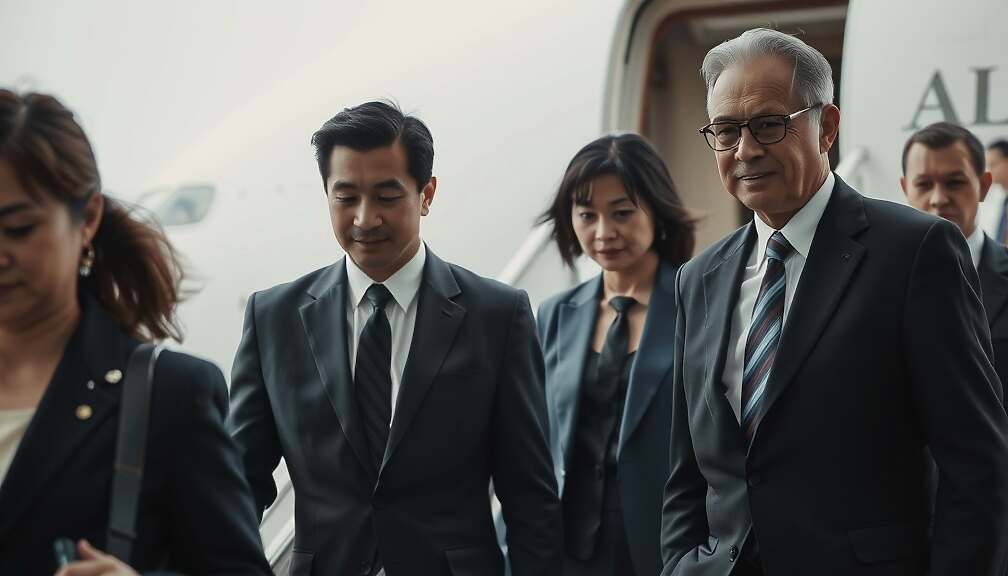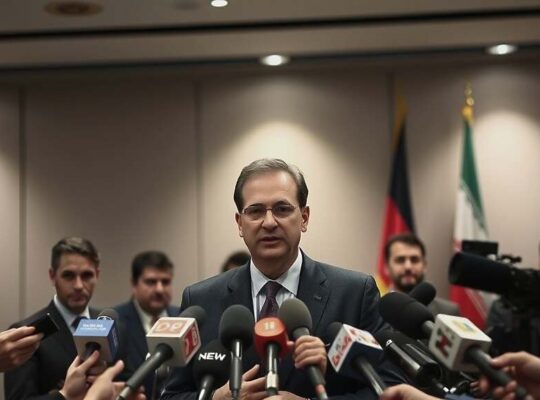German Foreign Minister Johann Wadephul is embarking on his inaugural visit to China next Sunday, accompanied by a six-person business delegation, a move signaling a delicate attempt to navigate increasingly fraught relations between Berlin and Beijing. The trip, detailed by “Handelsblatt”, arrives against a backdrop of escalating trade tensions and growing concerns over China’s strategic use of export controls.
The delegation’s composition reflects a deliberate emphasis on the Mittelstand – Germany’s vital network of small and medium-sized enterprises – alongside prominent industry representatives, suggesting a focus on directly addressing the anxieties of sectors heavily reliant on Chinese markets. Notable members include Hildegard Müller, President of the German Association of the Automotive Industry (VDA) and Helmut Schmid from the German Robotics Association, highlighting the impact on strategically significant sectors. Elisabeth Staudinger (Siemens Healthineers), Georg Weber (Wilo), Andreas Kroll (Noble Elements, specializing in technology metals and rare earths) and Cathrina Claas-Mühlhäuser (APA) round out the group, further illustrating the breadth of economic interests at stake.
Wadephul’s itinerary includes initial political discussions in Beijing on Monday, followed by a onward journey to Guangzhou. The timing of the visit is particularly significant. European businesses have faced months of stringent export limitations on rare earths – de facto export bans – severely disrupting supply chains and raising alarms within the German industrial base. These controls, viewed by many in Berlin as politically motivated, have been a key source of friction between Germany and China, adding layers of complexity to an already strained relationship.
While the stated purpose of the visit is to foster dialogue and explore avenues for cooperation, analysts suggest Wadephul will face considerable pressure to directly address the issue of export restrictions and advocate for a more predictable and transparent trading environment. The composition of the business delegation underscores a desire to demonstrate the tangible economic consequences of the current trade imbalances and signals a potential shift towards a more assertive German policy towards Beijing, particularly concerning access to critical resources. The trip’s success hinges on Wadephul’s ability to navigate this delicate balance, promoting dialogue while subtly pushing for concrete concessions on vital export controls.












